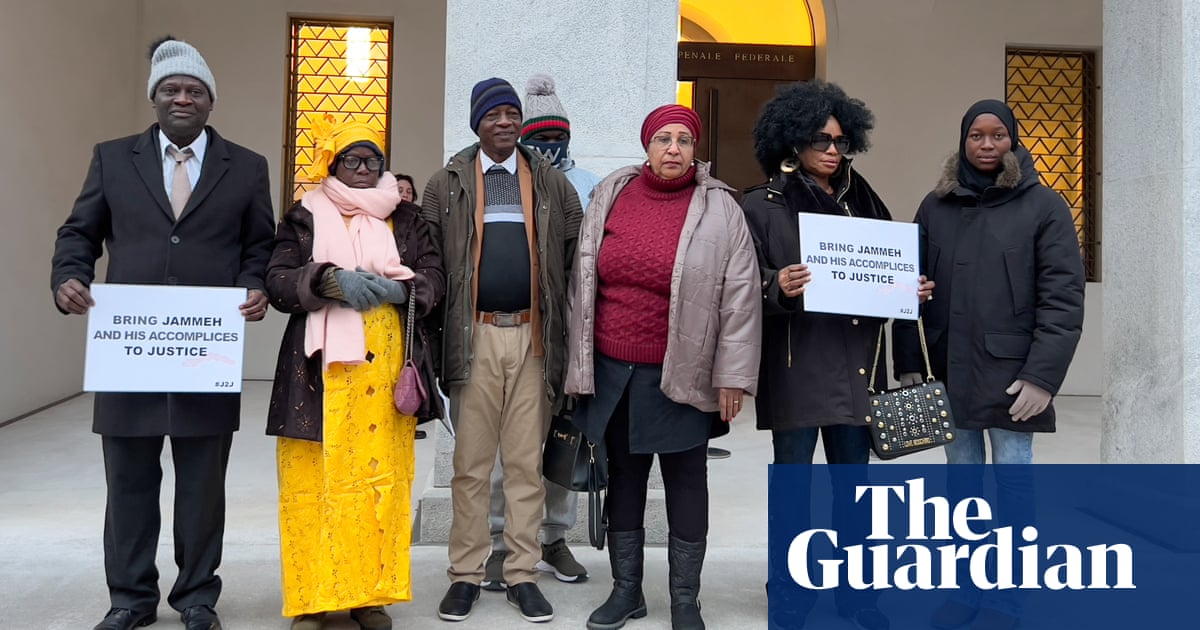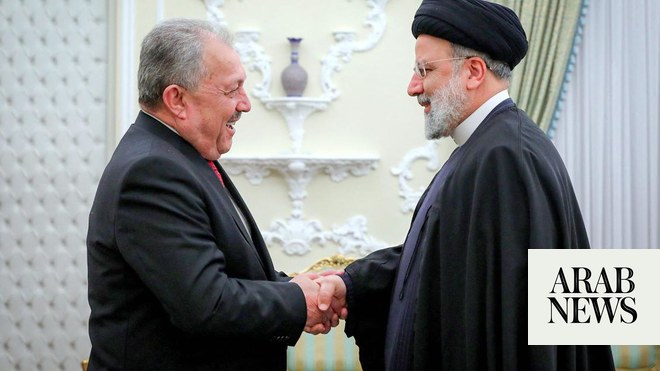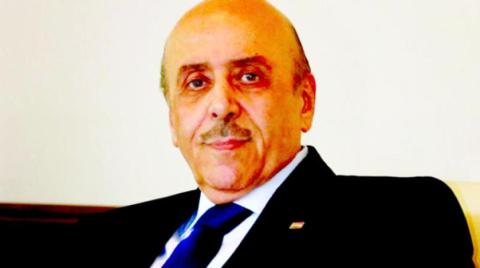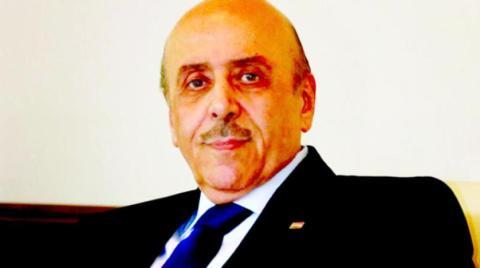
A former Gambian minister has become the highest-ranking official to be tried in Europe under the principles of universal jurisdiction after his trial on charges of crimes against humanity opened in Switzerland.
Ousman Sonko, interior minister under the west African country’s ousted dictator Yahya Jammeh, was arrested in Bern in 2017 after applying for asylum in Switzerland.
“It has been a long period of waiting, waiting with anger, anxiety,” Madi Ceesay, a 67-year-old plaintiff, told Reuters. “But I am very optimistic now and I feel so happy. I am smelling justice.”
The office of the attorney general of Switzerland said it had accused Sonko, 54, of supporting and participating in the “repressive policies” of Jammeh, whose 22-year rule was described by the office as being “characterised by the systematic use of torture, rape, extra-judicial executions, arbitrary detention and forced disappearances”.
Sonko’s liability, it noted, was not limited to his direct involvement in the alleged offences, but also from his role as an interior minister who was in charge of the police and prison service.
It accused Sonko of having “participated, ordered, facilitated and/or failed to prevent killings, acts of torture, acts of rape and numerous unlawful detentions” between 2000 and 2016. Sonko has denied the charges.
Sonko was arrested after a Geneva-based NGO, TRIAL International, filed a criminal complaint using the principle of universal jurisdiction, which allows those suspected of serious crimes to be prosecuted beyond the territory where the alleged crimes were committed.
In November a German court used the principle of universal jurisdiction to convict a Gambian man, Bai Lowe, of crimes against humanity, murder and attempted murder over his involvement in a death squad that killed a journalist and government critics in the Gambia.
As Sonko’s trial got under way on Monday in the southern Swiss town of Bellinzona, the complainants arrived together, holding signs that read: “Bring Jammeh and his accomplices to justice.”
The trial was being closely tracked around the world. “Today we are going to focus on the essentials – the opening of the trial and the fact that the justice process can finally start for the whole of the Gambia,” Philip Grant, executive director at Trial International, told AFP. “Sonko is the highest-level former official to be tried under the principle of universal jurisdiction in Europe.”
Others hailed the trial as a crucial plank in the wider efforts to address Jammeh’s legacy. “The trial of Ousman Sonko is another major step in the search for justice for victims of brutal crimes and their families committed under Jammeh’s rule,” said Sirra Ndow, coordinator of the Jammeh2Justice campaign, in a statement. “The Sonko case should reinforce efforts back in the Gambia to try crimes under Jammeh’s rule so that perpetrators are held to account for the atrocities committed.”
The defendant’s lawyer said he planned to ask the court to abandon the case, citing issues with the investigations and hearings.
“Since the beginning I have been stupefied by the way this file has been handled,” Philippe Currat told Reuters, arguing that some of the evidence in the indictment was based on “secret” hearings in the Gambia and that interviewees had not been informed of their rights.
In the coming weeks, the court is expected to hear from several Gambian plaintiffs. Among those listed in the indictment is Binta Jamba who, according to the indictment, has accused Sonko of raping her multiple times between 2000 and 2002 after he murdered her husband in connection with an alleged planned coup attempt.
The indictment also alleges that in 2005, he held her captive for five days, beating her and raping her repeatedly.
“Me and my family have been struggling with this for almost 25 years now,” she said in a message sent to Reuters. “Without justice I will never have peace in my life.”
Currat said he can prove that Sonko was abroad during much of the period that included the rape accusations.
He will also argue that many of the allegations, including the rape charges, predate the changes to Swiss law that allow the court to judge serious crimes that took place abroad, suggesting the allegations may not be admissible.
Speaking to AFP, he said the blame rests with the national intelligence agency rather than his client. “This agency has never been under the authority or control, in fact or law, of Ousman Sonko,” said Currat.
If convicted, Sonko could face life imprisonment.
Fatoumatta Sandeng, the daughter of Solo Sandeng, a Gambian opposition activist killed in custody in 2016, said she was looking forward to seeing Sonko in court. “If we don’t hold people accountable, things like this will keep happening in Gambia, in Africa, all over the world,” she said.











